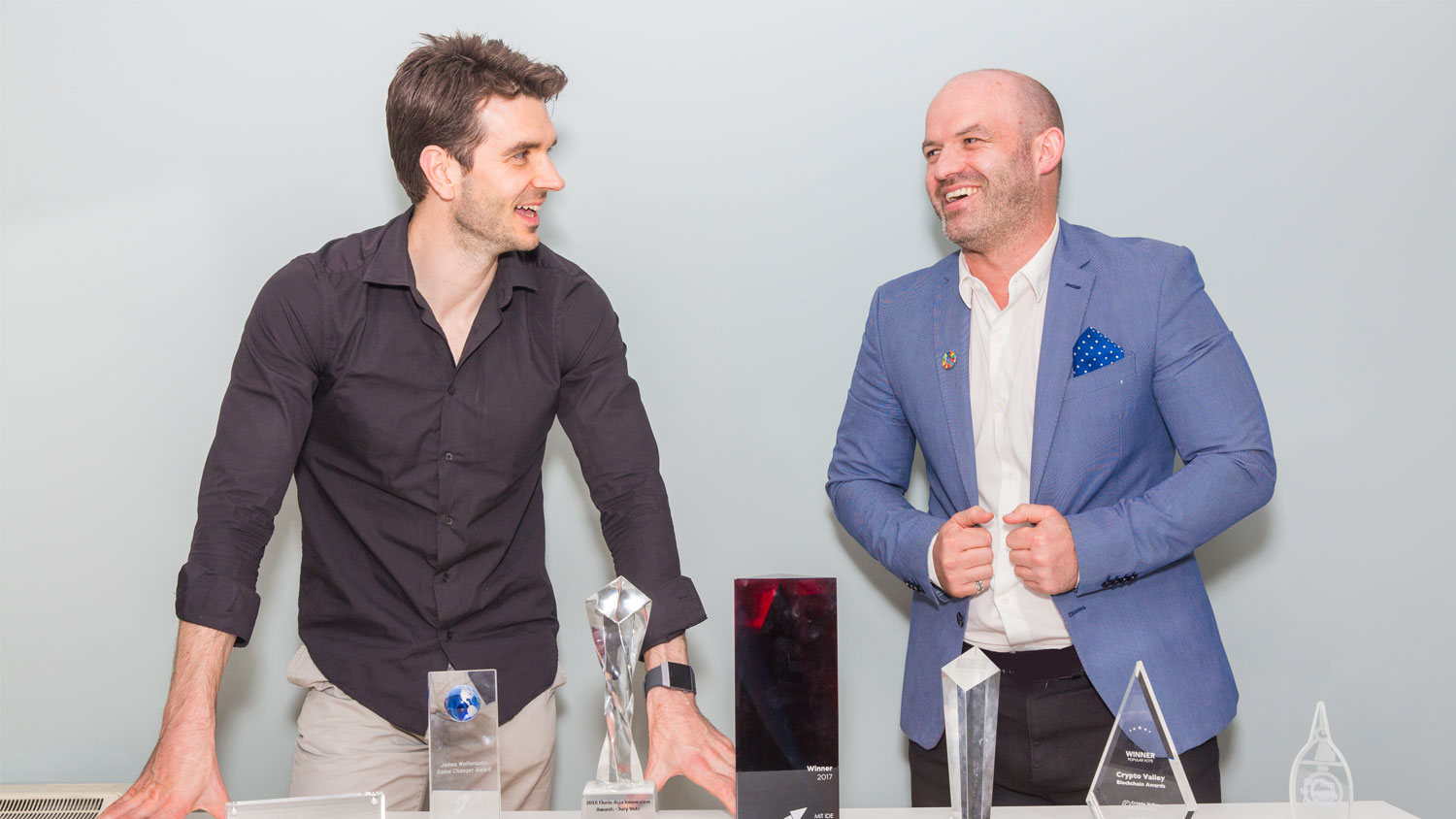Advancing Accountability
Fri, 07/05/2019 - 12:00
Using blockchain technology, the flow of welfare provisions and humanitarian aid through needy communities can be tracked and optimised for maximum impact, says AID:Tech’s Mr Niall Dennehy.
In December 2017, the price of Bitcoin soared to almost US$20,000 apiece. But this exuberance was short lived as investors gradually sobered up from the initial hype. Like Icarus who flew too close to the sun on wings of wax and feathers, Bitcoin saw its valuation plunge precipitously just a few months later. Today, each Bitcoin is worth about US$4,000.
Amidst the drama, the technology that powers Bitcoin—blockchain—has remained resilient in its development and adoption. Often described as a distributed ledger, blockchain is essentially a secure protocol for recording information. Because of the way information is verified, labelled and timestamped on a blockchain, the resultant record is transparent and tamper-resistant, making it an ideal archival tool in a variety of contexts.
Leveraging these properties of blockchain technology, Deep Tech startup AID:Tech seeks to raise the traceability of entitlements like donations and remittances. By its estimate, some US$1.2 trillion in such public funding is unaccounted for annually, undermining trust in government institutions and charitable causes.
AID:Tech’s co-founder Mr Joseph Thompson experienced the problem himself when he participated in a six-day marathon in the Sahara desert to raise over US$122 million in donations for a humanitarian organisation. When he wanted to know how the money had been used and who had benefitted from the aid, finding that information was as difficult as stumbling upon water in a desert. He knew something had to change, and together with his co-founder Mr Niall Dennehy, devised a blockchain solution that they call a Transparency Engine.
From Disbursements to Data Insights
As its name implies, AID:Tech’s Transparency Engine ensures that entitlements can be tracked as they flow through the communities they are meant to help. For example, in 2015, AID:Tech collaborated with Irish and Lebanese humanitarian experts to distribute aid to those displaced by the Syrian war. The Transparency Engine allowed the Irish Red Cross to monitor in real time how 500 vouchers worth $20 each were used by 100 Syrian refugee families. Importantly, 20 fraudulent vouchers failed at point-of-sale, testifying to the robustness of registering aid vouchers on a blockchain.
But Mr Dennehy notes that the value of AID:Tech’s platform extends beyond just accounting for entitlements. “In the form of online platforms—on web and in-app—our solutions incorporate blockchain, artificial intelligence and machine learning to capture, manage and disseminate data that is generated from day-to-day transactional activity,” he explained.
Transactional data records are anonymised to protect privacy, but also structured in ways so that information builds pictures and patterns of disbursement and consumption, Mr Dennehy added. “What this means is, governmental bodies can take this information and better understand what their citizens need and how distributing services, such as welfare, can be improved. Citizens can in turn take their own data to go about autonomous personal financial management,” he said.
RELATED VIDEO: INTERTWINING TECH AND SOCIETY
Leveraging Local Expertise
Nonetheless, Mr Dennehy highlighted the importance of working together with stakeholders with ‘boots on the ground’ to make sure that any technology solution fits the use case.
“Because the Irish Red Cross were already supporting individuals and households in need, they had the first-hand experience and expert knowledge which we, as a technology provider, lacked. This close-knit partnership was very much the key to the project’s success,” Mr Dennehy emphasised.
Bringing the spirit of collaborative innovation to Singapore, AID:Tech is now working closely with the National Volunteer & Philanthropy Centre and a number of other social assistance providers across Singapore to disburse welfare items and utility payment vouchers at scale, in an accountable fashion.
“Entitlements representing food, eyewear and public utilities will be distributed digitally. With the balance on their unique digital ID, recipients can redeem the goods and services required at respective partner merchants,” said Mr Dennehy. “Every transfer made from provider to recipient, and every transaction between recipient and merchant, is permanently and securely documented on the blockchain.”
Doing Well by Doing Good
While AID:Tech’s innovations are impressive, perhaps the main lesson to be learnt from the startup’s success is how it is able to earn a return on philanthropic work. “As a for-profit entity, we ensure that our solutions reach a high volume of end-users while reducing the burden on costs for our partners through low-margin transaction fees,” Mr Dennehy shared.
The fee rate varies with different use cases but remain strongly aligned with the United Nation’s Sustainable Development Goals. For instance, AID:Tech’s remittance solution enables transacting parties to enjoy fees of less than three percent, substantially lower than the global average of 7.8 percent.
Given the broad utility of AID:Tech’s technologies and their ability to address urgent humanitarian needs, it comes as no surprise that the company has secured funding from two state-backed investors—SGInnovate and Enterprise Ireland.
“By investing in us, SGInnovate has not only provided funding imperative to advancing our technological offerings, but also instilled in us a level of confidence in the work that we’ve been doing,” said Mr Dennehy, adding that many doors have since been opened in the ASEAN region, which is a key market for AID:Tech.
“We will continue to prove that our core technologies can meet needs across many verticals and sectors, including the disbursement of welfare, the delivery of digital healthcare, cross-border remittances, and humanitarian aid,” he said.
At SGInnovate, we invest in people who are building early-stage Deep Tech companies that aim to solve important problems. AID:Tech uses blockchain technology to enable new levels of transparency, accountability, and efficiency to the vital work of getting humanitarian aid to those who are in need. Find out more about them here.






